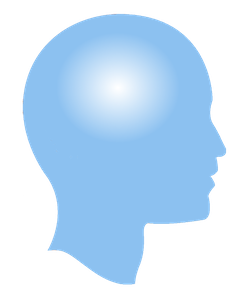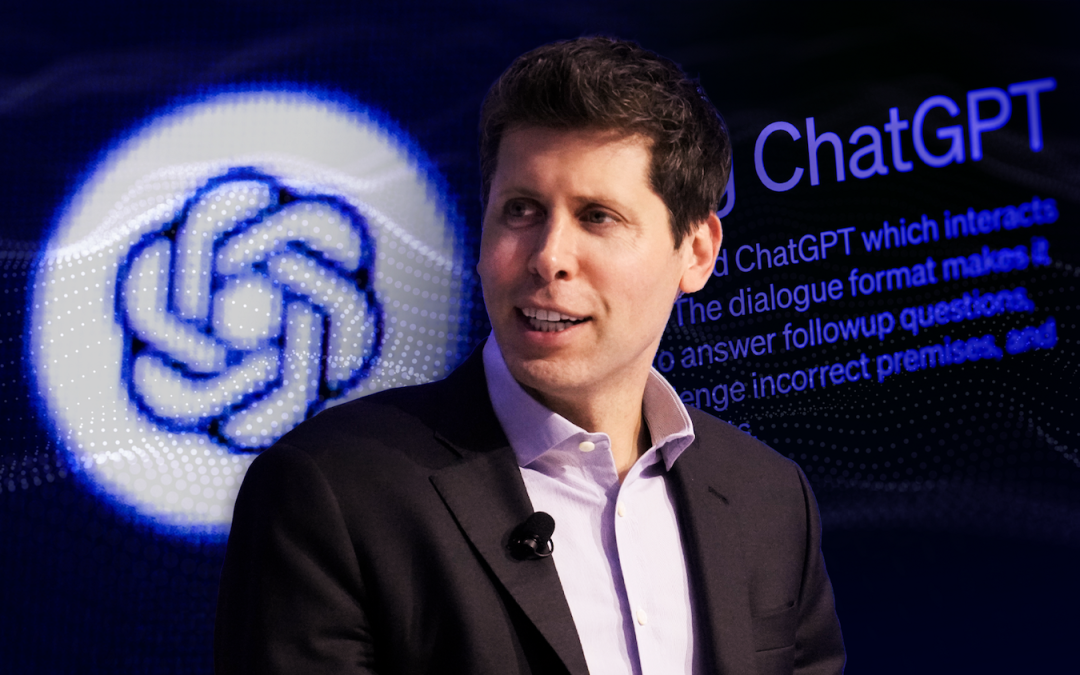On November 17th, OpenAI’s board announced it had let CEO Sam Altman go, citing a lack of confidence in his “ability to continue leading OpenAI.” Several staff members then resigned and hundreds of others threatened to do the same if Altman wasn’t reinstated as CEO.
This shocking news set off a string of dramatic events that rocked the AI world.
|
Date |
Event |
|
Nov. 17 |
OpenAI board fires CEO, co-founder Sam Altman and President Greg Brockman quits after being removed from the board. Company names Mira Murati as interim CEO. |
|
Nov. 18 |
Altman’s firing was over a “breakdown in communication between Sam and the board,” and not “malfeasance”, COO Brad Lightcap says. |
|
Nov. 18 |
Early investor Khosla Ventures says it wants Altman back at OpenAI, “but will back him in whatever he does next” |
|
Nov. 18 |
Some employees contemplated quitting if Altman was not restored as CEO by the end of the weekend, while others expressed support for joining his new venture. |
|
Nov. 19 |
Altman discusses a possible return to the company, considers launching new AI startup. |
|
Nov. 20 |
Microsoft CEO Satya Nadella says the Windows maker has hired Altman, Brockman and their colleagues to lead a new advanced AI research team. |
|
Nov. 20 |
OpenAI appoints former Twitch boss Emmett Shear as interim CEO. Shear pledges probe into Altman’s exit. OpenAI board approaches rival Anthropic’s CEO on merger. |
|
Nov. 20 |
Nearly all OpenAI staff threaten to quit and join Altman at Microsoft if board doesn’t resign. |
|
Nov. 20 |
Some investors in OpenAI explore legal recourse against the company’s board. |
|
Nov. 21 |
OpenAI said Altman will return as CEO with a new initial board |
Given the impact that AI is already having in the world and the enormous potential it has to transform the world in ways yet to be determined, the approach by which it is brought forward in the immediate future will be crucial in determining the consequences its development will have on us all. It matters, then, what this squabble is about and what it means for the future development of AI. It turns out that at the root of it all is a potentially world-changing clash between the Independent Mindset and the Interdependent Mindset.
OpenAI was initially organized as a nonprofit with donations from Silicon Valley leaders. But to rapidly advance its large-language-model capabilities, it needed to raise more money. The result was an unorthodox governance structure in which a nonprofit with an altruistic mission and board of directors controls a for-profit subsidiary whose profits are capped.
Washington Post
The original mission of OpenAI was to be “a nonprofit with an altruistic mission”. The organization wanted to develop AI in ways that would be beneficial to humankind in particular and to the world in general. In other words, OpenAI was aspiring to follow the kind of values that naturally arise from the Interdependent Mindset. Its founders recognized that AI was a powerful technology with tremendous potential for doing good or causing harm. Not knowing what the eventual consequences of your work might be is unnerving and humbling. The people at Open AI chose to pursue beneficial outcomes.
But then the realities of existing in a capitalistic economic context came into direct conflict with this noble ideal. When money was needed to develop certain aspects of OpenAI the board formed a for-profit arm of the company. They put a limit on profits in an attempt to salvage some of the original noble intent of OpenAI’s mission. But when you dance with the devil you are very likely to get burned. Opening the door to capitalism, the Independent Mindset’s de facto economic system, also gives traction to the values upon which that system runs.
Seeing what this might mean to OpenAI the board fired Sam Altman who had brokered the deal with financial backers. This act was a clear indication of how heartfelt members of the board were about being a for-good organization. They feared losing control of the direction of AI development to the evils of the Independent Mindset: bottom-line greed, ruthless competition, unsustainable growth, authoritarian top-down leadership, and all the rest.
The conflict taking place in the arena of AI development is indicative of the larger war being played out worldwide over the direction of global development. This is essentially a war between mindsets. The values inherent in the Independent Mindset and the Interdependent Mindset each have implications for not only economic system design but also for political structures, social programs, and resource management, to name a few. It is clear that systems created according to the Independent Mindset’s imperatives have failed to provide sustainable and humane systems in which living things can continue to exist.
The battle for control over the direction of AI development reflects the larger global struggle over the direction or future world development. With the recent rehiring of Sam Altman as CEO of OpenAI it may seem as if that battle is over but much is yet to be decided. The basic question of profit vs altruism is still up in the air and continues to increase in gravity as time passes. The eventual outcome will set the stage for similar clashes yet to come between the underlying mindsets.
It is my hope that people such as the well-intentioned board of Open AI will triumph over the forces of profit maximization and thereby advance us in the direction of a more compassionate future. We are in dire need of such victories where the unsustainable values of the Independent Mindset are abandoned and the life affirming values of the Interdependent Mindset are adopted and used to set the course of action for the future.

